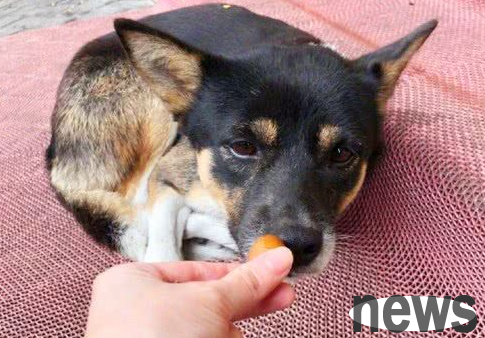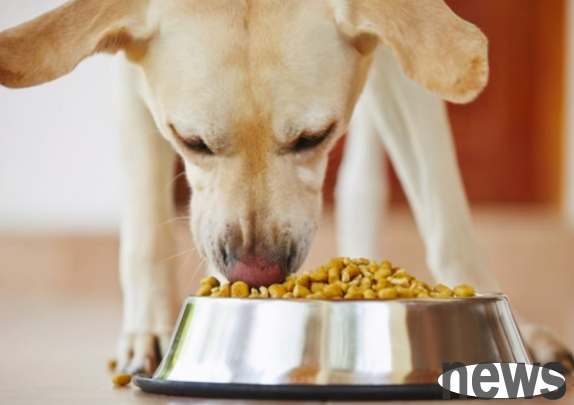Let’s take a look: Can dogs eat chestnuts?
Dogs are omnivorous animals and can eat many foods. However, the physiological structures of humans and dogs are different, so dogs cannot eat some foods that humans like to eat, otherwise a series of adverse reactions will occur. So do you know that dogs can eat chestnuts? Come and find out!

Dogs can eat chestnuts, but owners need to pay attention to the feeding amount. Only 1 to 2 chestnuts are eaten at a time. Otherwise, feeding too many chestnuts to dogs may cause indigestion and cause symptoms of bloating and constipation. In addition, because the oral structure of dogs is very different from that of humans, dogs can easily choke or get stuck in their throats when eating small particles such as chestnuts. Therefore, it is usually recommended that owners mainly feed dog food. To supplement nutrition, they can feed nutritional paste, goat milk powder and other foods, as well as apples, bananas, oranges and other fruits that are not harmful to the dog's life.
1. Benefits of eating chestnuts for dogs
Because chestnuts are rich in vitamin B2 and vitamin C, which can effectively improve the dog’s vision, promote the growth of the dog’s skin and hair, and improve the dog’s immune system, dogs can eat a small amount of chestnuts.
2. The dangers of dogs eating chestnuts
1. Since chestnuts contain a lot of starch, if you feed your dog too much, it may cause indigestion, flatulence, vomiting, etc., so you should feed it in moderation.
2. Because of the small size of chestnuts, dogs’ oral structures are not suitable for eating chestnuts. Therefore, dogs can easily swallow the whole chestnuts and block the esophagus when grabbing food, causing swallowing disorders and compressing the trachea, causing difficulty in breathing and suffocation.
3. Chestnuts are usually fried with sugar, and chestnuts themselves contain sugar, so eating a lot of sugar can cause symptoms such as constipation, indigestion, and weight gain in dogs.

3. Precautions
Although dogs can eat chestnuts, from a safety and scientific perspective, it is best not to give them chestnuts casually, and do not give them similar nut foods, such as peanuts, melon seeds, hazelnuts, etc.




